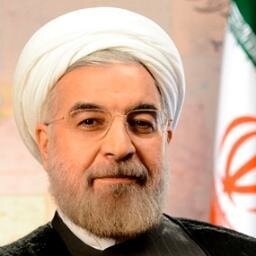Ali Jannati, stated that the Iran’s government is in intentions to ‘open’ Iran up to the world. He mentioned that the new delivery system will ignore the political borders thus making the censorship measures are redundant.
He quoted to the media that in the past, through pressuring the media or guiding the information, they could direct public news and have complete control over it. He continued telling that, things have changed dramatically and they no longer can control the media also claiming that it’s impossible, both technically and geographically.
Satellite Television have always been illegal and continues to be. It is a technologically wired country as it’s majority of the population is under the age of 30.
In course of time the use of smartphones have increased and is very high. Millions of homes have satellite dishes and receivers which captures and decodes signals from foreign news and entertainment channels. Families even after occasional clampdowns and confiscations quite often bought another dish and continued to watch the officially banned content.

After being elected as the President in June 2013, Hassan Rouhani, saw the government’s efforts to loosen the Internet censorship. The government faced resistance from high-ranking officials and the judiciary who stated that it would lead to the ‘Westernisation’ and use of ‘immoral’ content.
The country’s cultural ministry has been charged, since the Islamic revolution of 1979, with making it certain that every form of media goes hand in hand with the country’s predominant Shiite Muslim faith. This includes books, films, art and various other form of media.
Jannati said that it is not possible to govern the news and there is no way anyone can stop and control it. He mentioned that the 4,500 satellite channels which are being received in Iran need to adopt a new approach.
He continues telling that the important solution someone can suggest is the content production. He tells that they have control of the scene and can produce content because, he believes that they can only control public opinion by as much as the content they can produce.
Twitter and Facebook and many other social networks continues to remain banned in the country. Other websites are filtered by the authorities limiting the use of Internet.
Iranians manage to reach such sites either using easily available illegal software or by relatively inexpensive means. Jannati continued telling that the Western technology could make 2,000 satellite channels which will be available on cellphones in the country which meant that very soon “there will be no satellite dishes to confiscate”.
He later states that, it of course is the duty of the police to enforce the law but it’s performance and how effective the measures have been is needed to be considered. They have to consider and see the results it has produced. The best way to control public, Jannati claims, is to go with it and not fight it.
